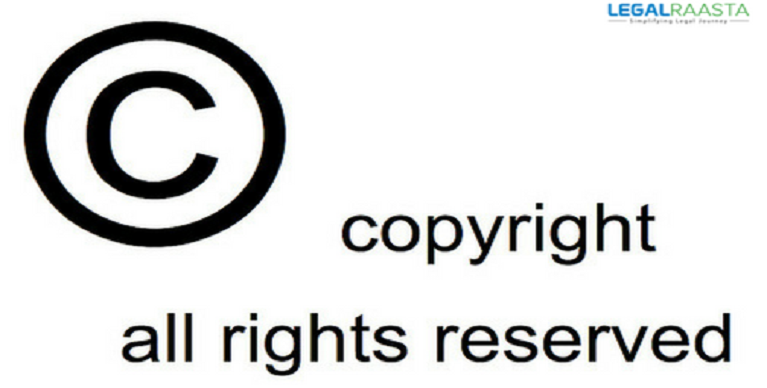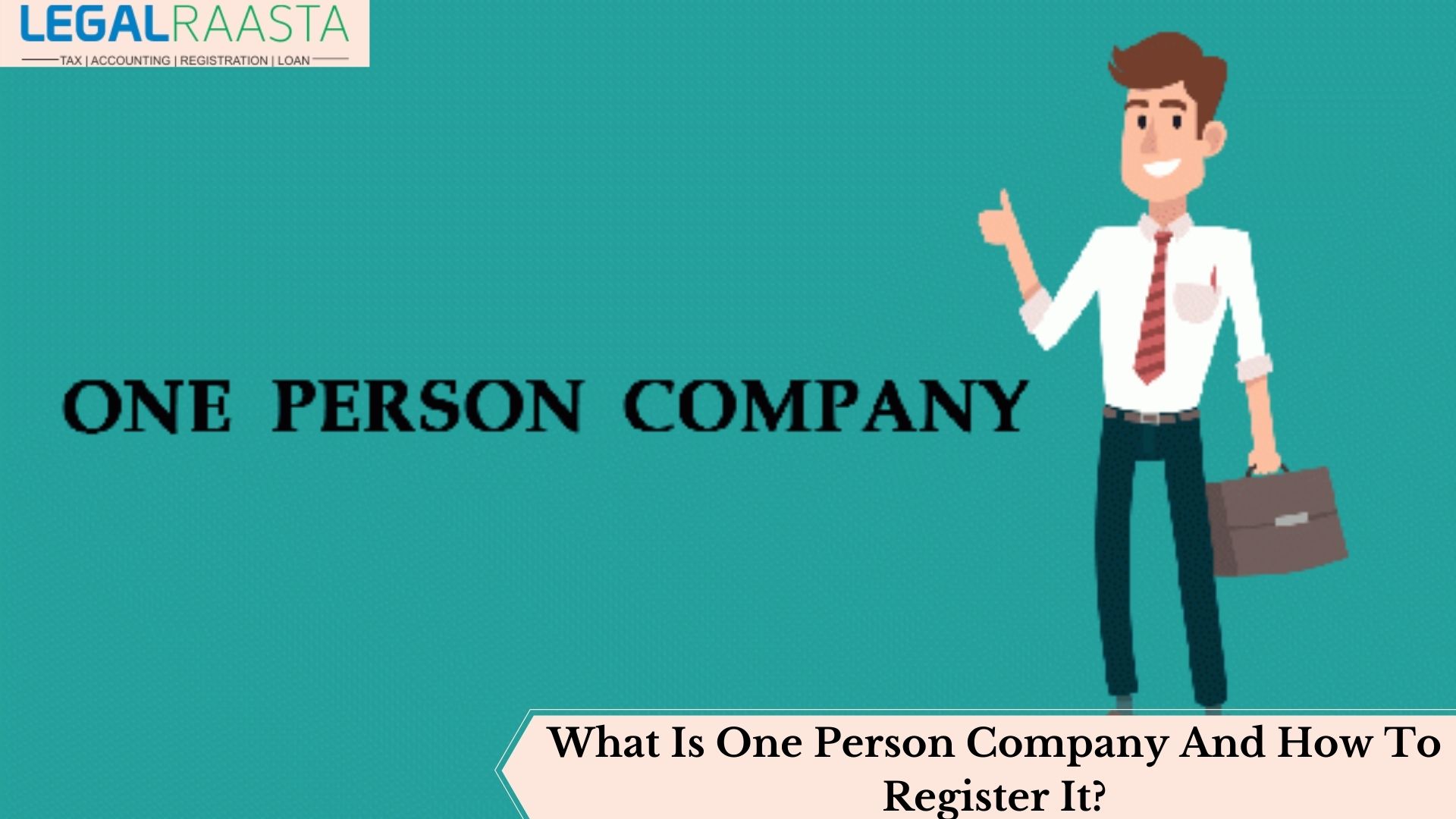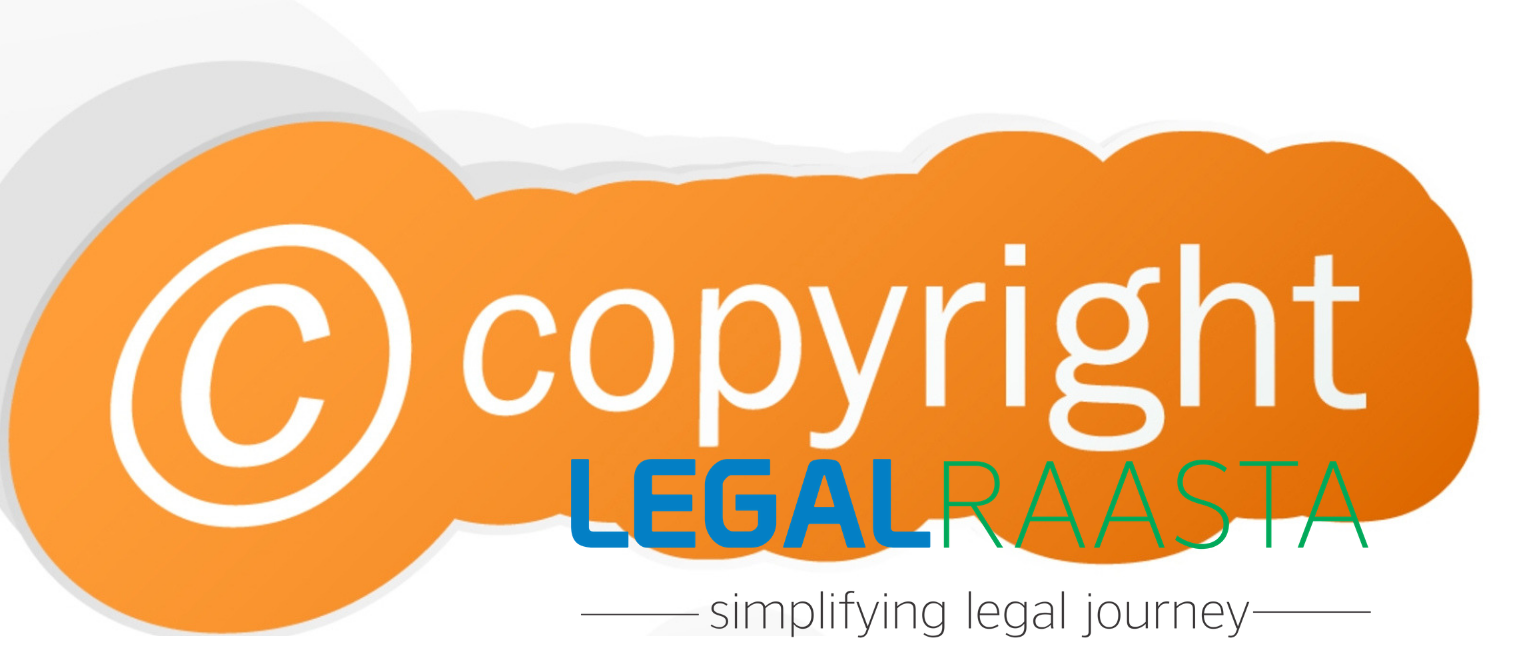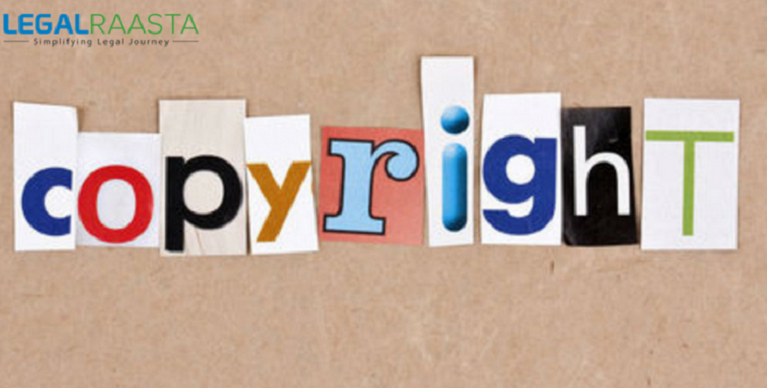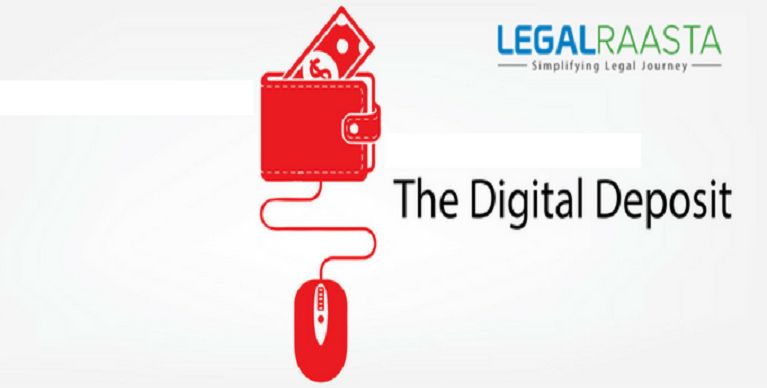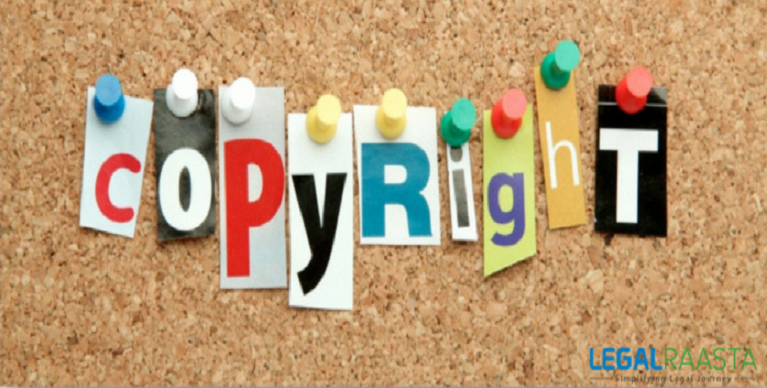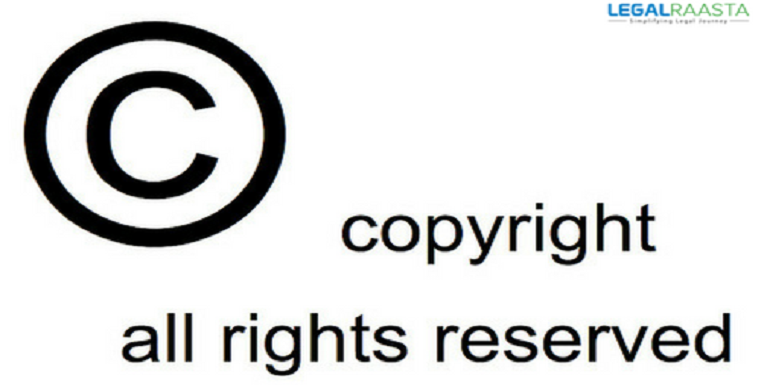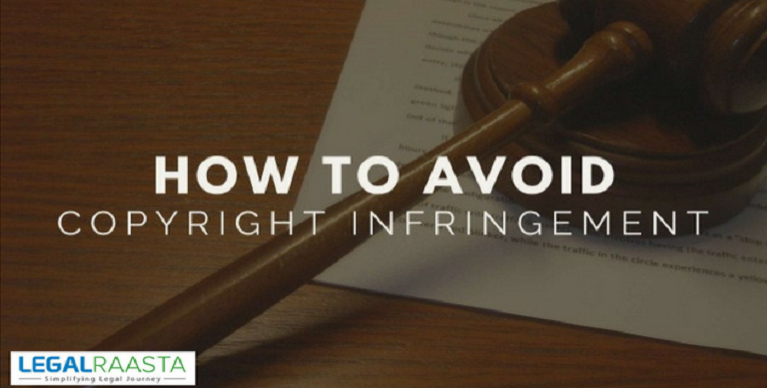What is copyright ownership, its scope and protection?
Copyright protection is however given for a work which is having originality it should be however from the author and it also must have the minimum degree of creativity. So it is thus the author who is, however, the real creator of the work thereby the first owner of the copyright and also the Indian law recognizes the author as the first owner of the copyright.But by the term ‘ownership’ it, however, means that it, however, includes not only the author ut also the assignee and it can however even a legal entity even though not it is defined in the Act. In Bern convention the term Author is however not defined, instead, it, however, says that the person under whose name the work is disclosed ,wh ich however implies that it is thus not necessary that always the author should however be the owner. However the Indian copyright Act defines the term ‘Author’ with respect to the various works, but it however still leaves some of the problems. It however becomes more complex in the context of the changing technologies, ie the cinematographic works, the sound recording ,bro adcasting etc which is thus a combination of the different works, and however also when the author does the work in the course of his employment. When the new technologies however emerge, the different mode of communication which thus simultaneously arise and the exploitation of the copyright by the way of the assignment & the licensing would however add economic benefits to the copyright owner and the provisions of the assignment and the licensing however becomes crucial. By the amendments , the Indian Copyright Act has however taken care of such kind of provisions, but thus still leaving lacunae & the role of judiciary becomes crucial in interpreting of such provisions for the effective protecting of the rights of these authors.
Ownership of copyright
The owner of the copyright however means the person who however possess and also enjoys the legal right. The definition is however given to the author in the context of the and the copyright protection thus depends on the nature of the work & s.2(d ) defines ‘author’. The creator of the work can however also be joint authors, but a dilemma however lies in determining the criteria for such joint authorship, S. 2(z) of the Copyright Act however defines the work of joint authorship .Such an issue however came before the court in Najma Heptulla v.Orient longman Ltd in which there was a question before the Court as to whether a person who however gives form to the narration would become the joint author of the book India Wins freedom’. Eventhough the work was however composed by Kabir the material for the book was thus supplied by Azad however with a clear understanding that kabir would however describe those thoughts & the conversations and also write the same in English language and Kabir’s function was only to record Azad’s findings and however not to let his views colour the narrative . The preface however itself showed It that it was Azad who had however decided as to which 30 pages of the book were not to be publish and also which of his views should however be there in his book and also read every word of manuscript and also made the alterations additions, omissions and also the correction.
In U.S. the condition in order to satisfy the joint authorship has to prove (a) in what part of expression of the work the owner has however significantly and substantially collaborated and that it is however originated from him. (b)contribution must however be the original expression to the work (c) contribution of the joint author to the work should also need not be equal but however has to be substantial or significant (d) what constitutes significant and substantial contribution which however involves his contribution to the original expression, qualitatively and also quantitatively, either equally or significantly or substantially pursuant to a common goal.
Another kind of complexity which however lies when the work is a combination of the different works eg cinematographic works, sound recordings etc & however the lack of clarity in the definition of “producer” which however adds to it . Such a question thus came before the court in GeePee Films(p) ltd. Vs. Pratik Chowdhary . The question which however was before the court was that by taking the financial responsibility of the sound recording whether one would fall under the definition of ‘producer’. Even though the plaintiff had paid all the expenses of recording and also the hire charges of the studio and the remuneration of the musicians it would however not amount to taking the responsibility of such kind of recording and it thus cannot be held to be a producer, since the ‘responsibility’ which is appearing in sec 2(uu) does nor really refer to the financial responsibility but also the “consequential legal liability” for such kind of recording.
Also in order to decide the ownership of the copyright when the author does the work at the instance of any person for some valuable consideration, or in the case of the course of the employment under any kind of contract of service , however faces some kind of complexity and thus what amounts to the contact of service however also depends on the facts of each case & the judiciary has thus laid down different tests in order to determine it. An author may however however create a work independently, or he may create a work under a contract of service or contract for service
The modern approach has however been in order to abandon the search for a single test, and however instead take a multiple or ‘ pragmatic ‘ approach, weighing upon all the factors for and against a contract of employment and then determining as to on which side the scales however eventually settle. Factors which are however usually of importance are as follows – the power in order to select and dismiss, the direct payment of some kind of form of the remuneration, deduction of the PAYE and the national insurance contributions, the organisation of the workplace, the supply of the tools and the materials (though there can however still be a labour-only sub- contract) and also the economic realities (in particular who bears the risk of loss and has the chance of profit and whether the employee could be said to be ‘in business on his own account’). Also , a further development in the recent case-law which was (particularly concerning atypical employments) has thus been the idea of mutuality of obligations ‘ as a possible factor i.e. whether the course of the dealings between the parties however demonstrates the sufficient such mutuality for there to be an overall employment relationship .
However for the purpose of protection , the Copyright of “works” of the foreign nationals, whose countries area however member of the Convention Countries to which India is a signatory, are however protected against any kind of infringement of their “works” in India through the International Copyright Order, 1999. The Indian Courts however have also been pro-active for the protection of the Copyright of the foreign authors/owners, which also includes the software, motion pictures including the screen play of the motion pictures and its database.
The Government of India is however also taking an initiative in order to combat piracy in the software industry, motion pictures and the music industry along with players in the industry through their associations and the organizations such as NASSCOM (National Association of Software and Service Companies), NIAPC (National Initiative Against Piracy and Counterfeiting) etc.
Copyright in any kind of work, either at present or in future, can however only be assigned or can be licensed in writing by the copyright owner or his duly authorized agent.

